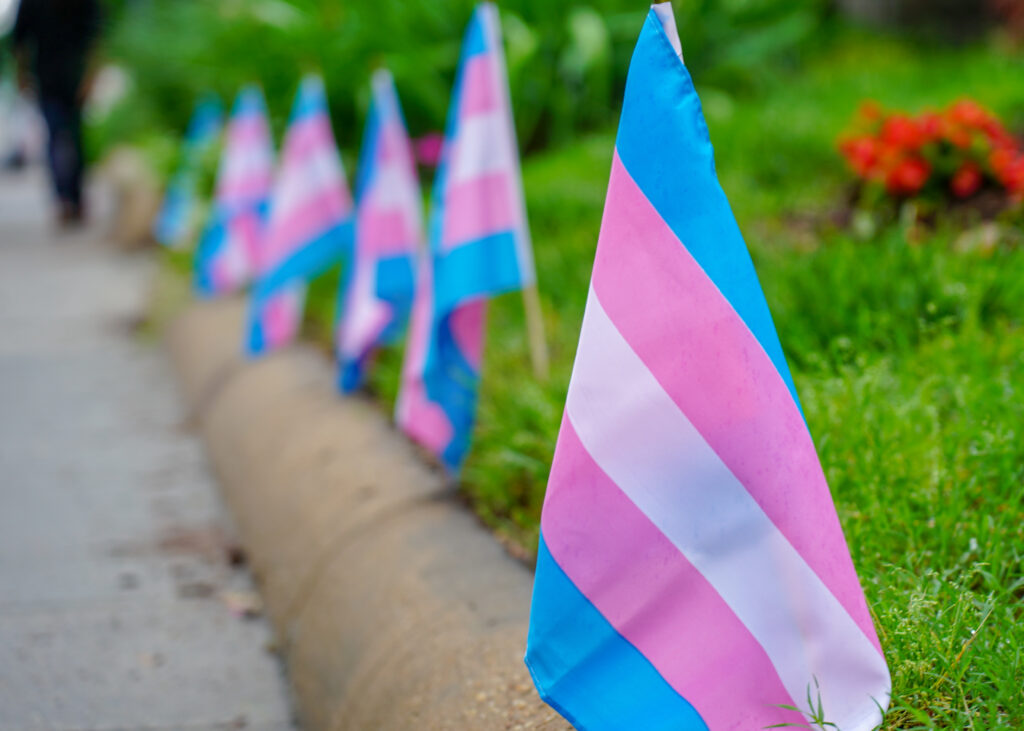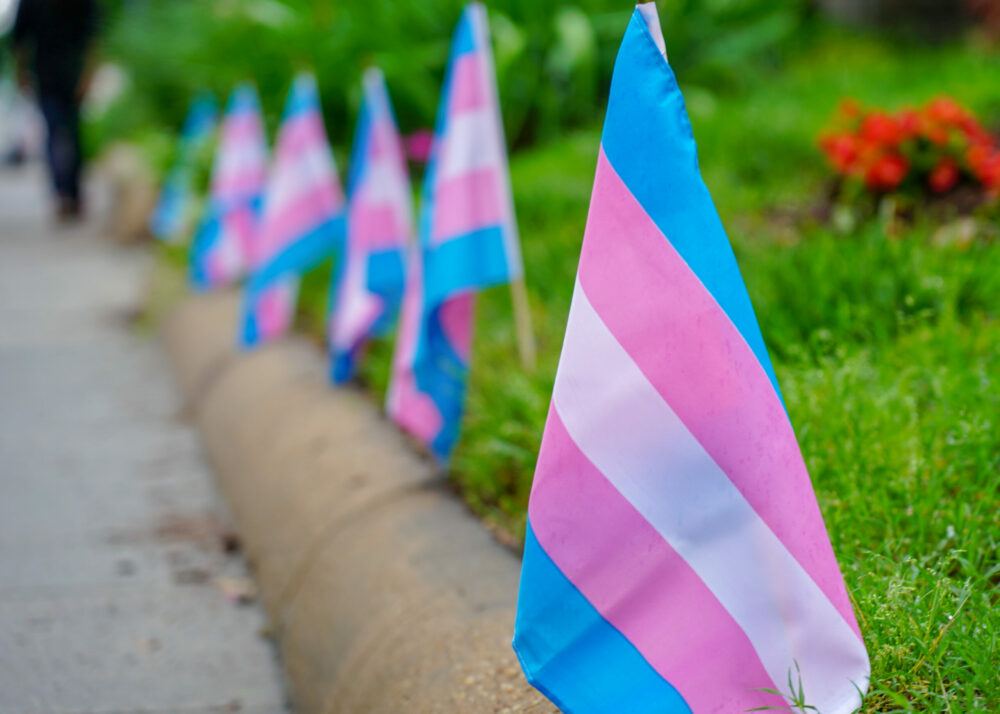
On Nov. 20, people across the nation and world will come together to mourn the lives lost to anti-transgender violence on Transgender Day of Remembrance. North Dakota State University is holding a commemoration this Friday which can be attended virtually or in-person in Minard 230 at 7 p.m.
Transgender Day of Remembrance (TDOR) was started in 1999 by transgender advocate Gwendolyn Ann Smith to honor Rita Hester, a transgender woman who was killed in 1998. Since then TDOR has been held every Nov. 20 to remember the transgender people lost to violence each year.
Alison Graham-Bertolini, an associate professor of English and women’s studies, spoke about how NDSU will commemorate those lives lost this year.
“Dr. Chris Whitsel (sociology), Dominique Speer (Study Abroad Coordinator) and I were motivated to commemorate this event after attending a Lunch and Learn event on Thursday, Oct. 22, titled Changing LGBTQ+ Realities.”
Graham-Bertolini explained that speakers Peter Buggert, an NDSU student, Hannah Konrad-Huttner, a Residence Hall Director, and Hannah Shirley, a Grand Forks Herald reporter encouraged them to get involved in additional initiatives to support the LGBTQ+ community on campus.
Graham-Bertolini said that the commemoration on campus will allow participants to watch a vigil together while in a supportive environment. “The idea is to publicly mourn and honor the lives of trans individuals whose lives we value and who we as a society have failed to protect.”
The event will also include a reading of the names of this year’s victims, a candle lighting ceremony and some brief words from members of the community.
Cole Coleman, the president of the Pride Alliance, and Peter Buggert, the Vice President of the Pride Alliance, spoke about the violence members of the LGBTQ+ community face and whether they think people are aware of it.
“A lot of people think LGBT don’t feel any violence in the U.S. and that everyone is accepting of LGBT people now,” Buggert said.
“Definitely not, a lot of people, especially in North Dakota believe that the struggle for LGBT rights ended as soon as [marriage] was made legal a couple of years ago,” Coleman said. “However, microaggressions (a word that has been misappropriated in our society) are a thing that happens.”
Coleman went on to explain that not all aggression is physical with mental and emotional violence towards the LGBTQ+ community going “unchecked in our nation.”
When it comes to inclusion on campus Graham-Bertolini talked about the ways NDSU works on making campus a safe and accepting place.
“The Office of the Vice Provost and Equity at NDSU works hard to create an inclusive environment at NDSU by offering multiple programs and trainings for faculty, staff and students each year.”
Students can report discrimination, harassment or sexual misconduct to this office as well.
“Our faculty also work hard to make classes inclusive by including teaching materials from a variety of viewpoints and perspectives and by doing service work to support inclusivity at all levels,” Graham-Bertolini added.
This fall the President’s Council of Diversity, Inclusion and Respect was formed by President Bresciani. As Graham-Bertolini explained, the council helps to “support programming, curriculum, outreach opportunities and policies designed to further inclusivity and collegiality on campus.”
While this all factors into ensuring students feel safe and accepted on campus, Coleman and Buggert said that there are still changes that need to be made.
“I think NDSU does some work, but it’s still incredibly difficult to be LGBT on campus, I think this is due to a lack of information given to professors and staff,” Coleman said.
“There is a good foundation, but NDSU does not put enough funding or effort into creating a community and being vocally supportive of its LGBT students among other minority groups,” Buggert added.
“While the physical safety of LGBT students has not been an issue, there is concern about the mental health of LGBT students for multiple reasons mainly the lack of community and LGBT specific support offered by the school.”
Coleman and Buggert then talked about how students can help make campus an inclusive place. Buggert said that students can become educated on LGBTQ+ issues by signing up to take NDSU safe zone courses as well as treating others with kindness and respect.
Coleman mentioned that by encouraging pronoun listing in the signatures of faculty and staff, it is “a small step that normalizes a big issue trans people have to deal with.”
“I’d like to encourage students to get to know those who might be different from themselves,” Graham-Bertolini said when addressing how students can help as well. “Forming friendships is one of the best ways to broaden our worldview and increase our adaptability, innovation and creativity.”
As for other events or discussions held on campus to address the violence transgender people face, Graham-Bertolini said that next year the NDSU community will recognize Trans Day of Visibility on March. 31.
Coleman and Buggert also talked about the events the Pride Alliance hold which includes guest speakers, media nights and crafting sessions with discussion topics. Both mentioned that with COVID-19, they can’t do a lot of their normal activities including volunteer work.
For resources, education and events offered on campus, go to https://www.ndsu.edu/lgbtq/
